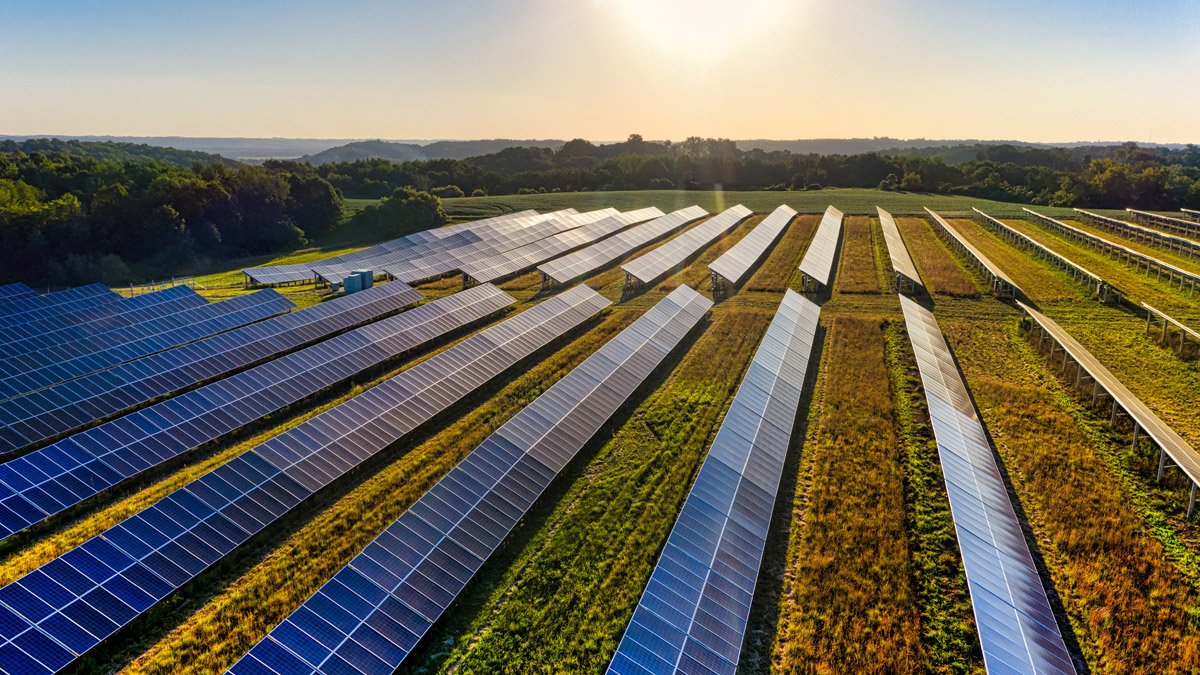Climate Action: A Shield Against Rising Inflation and Global Impact
As inflation continues to challenge economies worldwide, a compelling solution lies in climate action. The ambitious $370 billion Inflation Reduction Act proposed in the United States underscores the tight connection between climate change and surging prices, irrespective of geographic location. By transitioning from fossil fuels to renewable energy like solar and wind, nations can achieve stability and mitigate inflation risks. While fossil fuels' unpredictability causes price fluctuations, renewable energy sources offer a dependable path forward with lower operating costs.
The urgency of early and decisive climate action is evident. A gradual transition could lead to imbalances, raising prices as cleaner energy sources catch up with demand. Severe weather events, driven by climate change, disrupt food supplies, energy infrastructure, and labor productivity, compounding inflationary pressures. Although current climate impacts are regionally localized, economists foresee a shift toward global implications as the planet warms further. While central banks worldwide examine the effects of extreme weather due to climate change, the broader economic consequences remain to be fully understood.
Disruptions in one region can have ripple effects across the globe as exemplified by Taiwan's drought causing an auto industry slowdown due to chip shortages. Addressing climate change now is imperative as it not only safeguards against inflation but also builds resilience to future economic challenges.
































